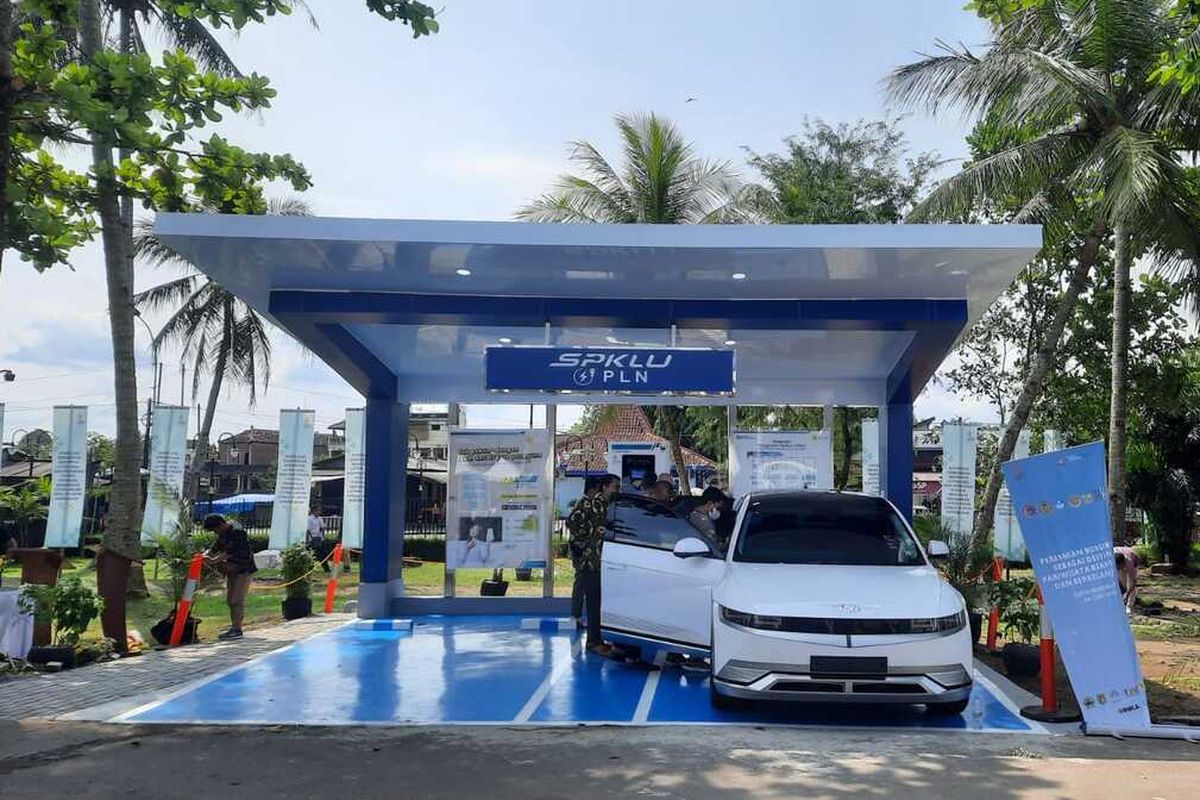What Can Be Done about Electric Vehicle Battery Recycling in Indonesia

Though these governmental regulations have been revoked, the substantial provisions of these regulations have been included in Government Regulation No.22/2021. Furthermore, existing implementing rules for the revoked regulations are and will be in force until they are replaced by new rules.
Also read: Indonesia Calls for More G20 Action on Climate Change
What needs to be done
Indonesia should draft new regulations on controlling old electric vehicle batteries.
Automotive expert Lluc Canals and colleagues at the School of Industrial, Aerospace, and Audiovisual Engineering of Terrassa conducted a study on old EV batteries. The study found that recycling old battery for battery charging stations can provide environmental and economic benefits. The same benefits can also be obtained through the conversion of used vehicle batteries to power storage for solar power plants.
Besides, Indonesia should look into the possibility of collaborating with foreign investors to recycle lithium batteries into raw materials. Without adequate processing steps, used electric vehicle batteries may be sold abroad or wasted.

The government should find ways to deal with old EV batteries and keep them out of landfills. Manufacturing companies selling electric vehicles and relevant authorities should be able to manage used EV batteries.
(This article is written by Laura Astrid H Purba, Senior Legislative Drafter, who is also a Ph.D. student in Australia and researcher at the University of Indonesia. The views expressed in this article belong to the writer).
Simak breaking news dan berita pilihan kami langsung di ponselmu. Pilih saluran andalanmu akses berita Kompas.com WhatsApp Channel : https://www.whatsapp.com/channel/0029VaFPbedBPzjZrk13HO3D. Pastikan kamu sudah install aplikasi WhatsApp ya.































